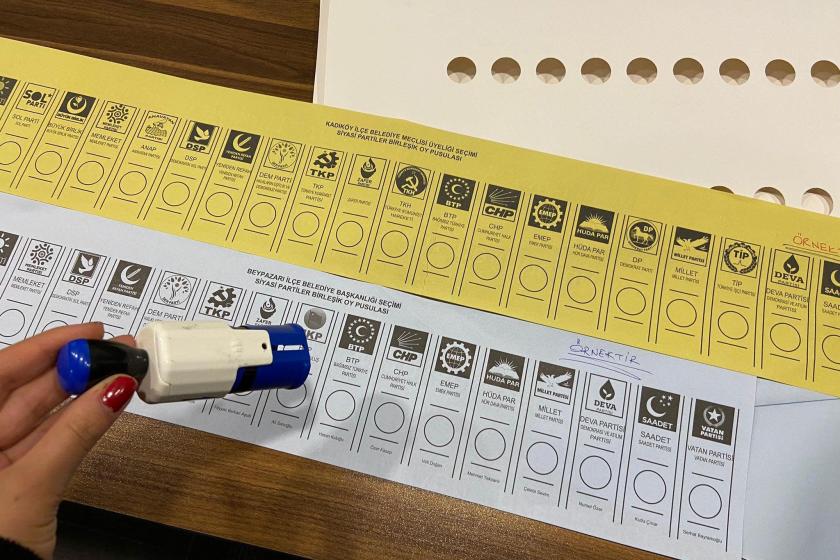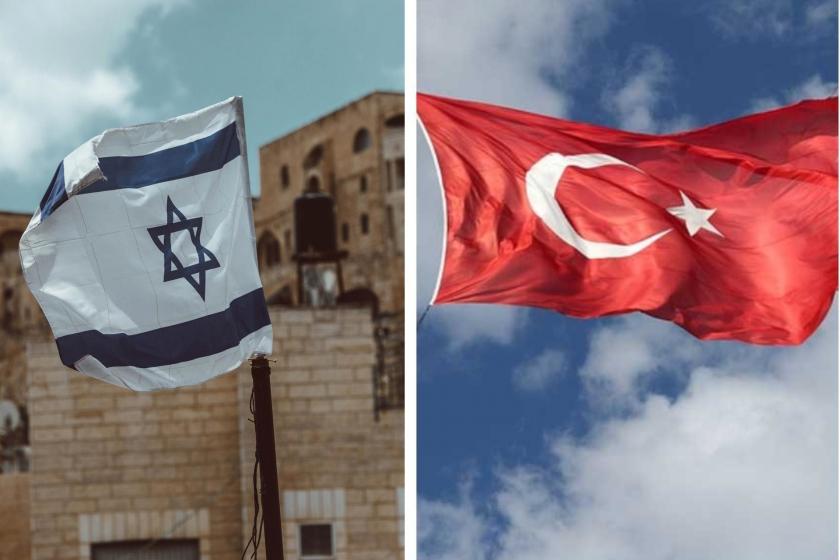Before proceeding to evaluate the first results of the 14 May elections, one of the most critical elections in the history of the country, it is necessary to underline the following point: The "festival of democracy" propaganda based on voter turnout rates is intended to cover up the truth about these elections. Because these elections have already taken their place in the history of the country as one of the elections organised under the most unequal conditions, in which the government put all kinds of tools into use in advance in order to win. From President Erdoğan's running for a third term in violation of the Constitution to the changes in the electoral laws and the structure of the Supreme Electoral Board (YSK), from the closure case against the HDP to all kinds of pressure, arrests, provocations and black propaganda, there are many developments that show that this election was undemocratic even before it took place.
The presidential election will go to a second round. It should be noted that it would be insufficient to explain the limited loss of power of Erdoğan in the presidential election and the People's Alliance in the parliamentary election compared to the previous election, in other words, the emergence of results in which he was able to maintain his power more or less, only with the regulations in the election laws and the pressures of the government. While Turkey is one of the countries with one of the highest inflation rates in the world, while the majority of workers and labourers are now forced to live on the border of hunger rather than poverty, and while not even 100 days have passed since the earthquakes that left thousands of people dead under the rubble and millions of people abandoned to their fate, the answer to the question of how the ruling bloc emerged from the elections without a major loss of power should be considered together with the period the world is going through.
The war in Ukraine has played/is playing an escalating role in the struggle for sharing and tension in regions from the Middle East to the Eastern Mediterranean, from the Balkans to the Black Sea and the Caucasus, including Turkey. Partly related to this war, many developments can be mentioned such as the problems in food and energy supply, the double-digit inflation even in countries like Germany in Europe as a result of economic stagnation, the strengthening of the reactionary policy in Europe and around the world that portrays refugees as the cause of the problems experienced by workers and labourers due to the migrations caused by the triggered tension and wars. Of course, the fact that the new right-wing reactionary politics can gain such strength is due to the fact that they fill the gap created by the very weak organisation of the working class in the trade unions and around their own political parties by provoking reactionary sensitivities with concerns about work and the future plays a decisive role.
In such a situation, it can be said that a significant part of the working masses, who do not see themselves as the subject of the solution and do not have such a class consciousness, continue to see Erdoğan as the leader who can lead Turkey out of such a difficult process, even though they do not see the current situation well. Especially Evrensel's news and analyses of the pulse of the factories and enterprises showed that despite the discontent among the workers who had previously voted for AKP-MHP, this discontent did not lead to a serious change in their preferences.Here, we can determine that the propaganda of "the opposition is in cahoots with the imperialists and terrorist organisations who want to divide Turkey", which has been clung to in the last days before the election, has been effective in stopping the loss of votes of the ruling bloc and even in some extent in the shift of votes to MHP. In addition to this, it is necessary to add the votes received by Sinan Oğan in the presidential election, who put refugee hostility and the "fight against terrorism" at the centre of his election propaganda.
The observations made here do not change the fact that the AKP suffered a serious loss of between 8 and 15 per cent of votes in İstanbul, Ankara, Bursa, as well as in Erzurum, Konya, Kayseri, Antep, Urfa, Maraş, Rize and Trabzon, which the AKP considers to be 'strongholds'. The AKP's losses in these cities are important in terms of revealing the will of the people for change and sending the message that hope for the second round is not over.
The limitations of the bourgeois opposition bloc (Nation Alliance) in developing policies that would reassure the people in the face of the problems it faces were also effective in the emergence of such a picture. The fact that the bourgeois opposition constantly showed only the ballot box as a way out under the name of "not to come to provocations" in every field and period when the struggle of workers and labourers tended to develop, made Erdoğan's job easier. Because with this attitude, they prevented the masses of workers and labourers from confronting the government and drawing political conclusions by learning from these processes.
On the other hand, the fact that the Worker’s Party of Turkey (TİP), which targeted 3 per cent of the votes in the elections, received a little over half of its target (1.7 per cent) shows that the reflection of the interest it aroused especially among the youth and intellectual circles remained quite limited on the working class. Therefore, it does not seem possible for the left-socialist forces (it is necessary to add the parties forming the Socialist Power Union and the votes they received to this determination) to play an effective role as a separate political focus without filling the gap in this area and without winning the advanced sections of the working class and labourers - and this determination also points to the priority tasks of these forces. In the new period, EMEP's elected MPs in two important labour centres such as İstanbul and Antep provide a new opportunity for the struggle in this field.
In Kurdish cities, as a reflection of the people's demand for democracy and a peaceful solution to the Kurdish question, Kılıçdaroğlu gained an overwhelming advantage over Erdoğan. These results have once again shown that the Kurdish people are a force that cannot be ignored in terms of their determination to struggle and their struggle to build a democratic future, despite all the oppression and the shaking of the fear of Hezbollah over HUDA PAR. In fact, Erdoğan's embrace of the propaganda of "terrorism and separatism" was determined by his realisation of the loss of power here and his quest to compensate for it through chauvinism.
These elections have once again shown the necessity of ensuring the broadest unity of the popular forces around their urgent economic and democratic demands and the necessity of socialists to take a more progressive position on this issue. Because beyond the election results, the demands for democracy, secularism and a humane life can only be won through such a unity of struggle, and workers and labourers can only unite around their own political options with the experiences they will gain through such a unity of struggle.
Erdoğan enters the second round of the presidential election with an advantage in terms of the parliamentary arithmetic and the votes he received in the presidential election. However, Erdoğan's advantageous entry into this round does not change the fact that it is still possible for Kılıçdaroğlu to win if all forces demanding change and democracy are mobilised. Let us not forget that when Meral Akşener opposed Kılıçdaroğlu's candidacy on the basis of nationalist sensitivities and left the Nation Alliance table, it was nothing but the will of her voters and the people for change that forced her to return to the table. Therefore, today, regardless of the negotiations Oğan will make for the second round, it is possible to turn the votes cast for him into a part of the will for change. Therefore, Erdoğan's job will not be easy if the breaches in the AKP's 'fortresses' are enlarged and if the votes for Oğan are combined with the strong will of the people for change despite all the inequalities and injustices.
The most important lesson that the opposition should learn from these elections is that although we are faced with an equation in which everything is unequally pre-designed, equating change and democracy only with the votes to be cast and thus preventing the struggle of the people, results in favour of the government. Therefore, regardless of the election results, the way for the struggle for democracy, secularism and a humane life to win against this alliance of the most reactionary and aggressive forces will be possible with the organised power and struggle of the people, which does not limit itself to elections.
 Yusuf Karadaş
Yusuf Karadaş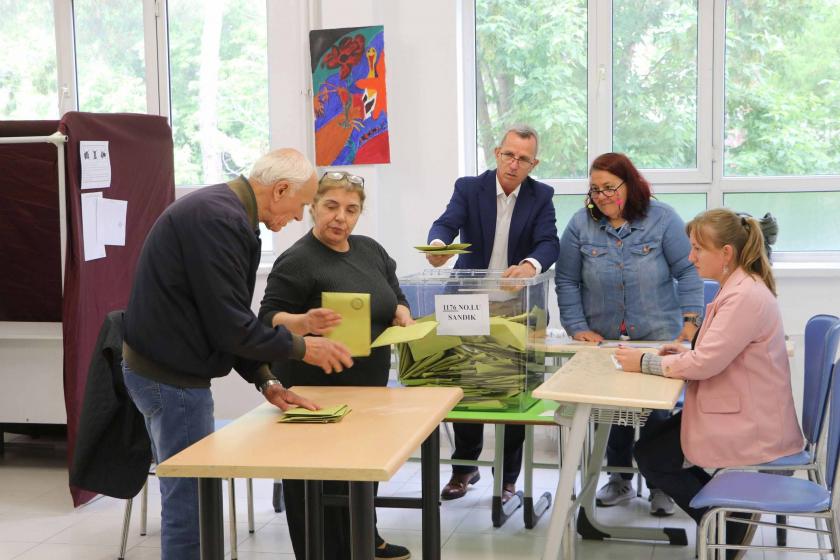
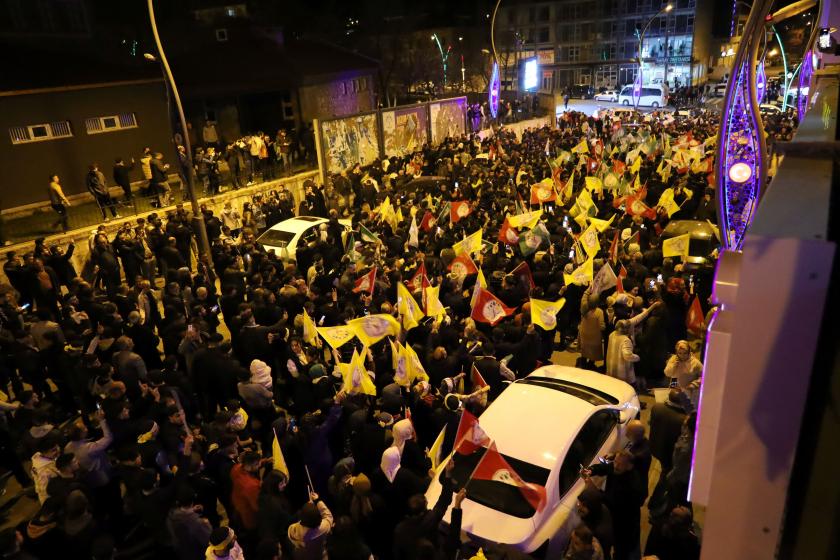
 Bülent Falakaoğlu
Bülent Falakaoğlu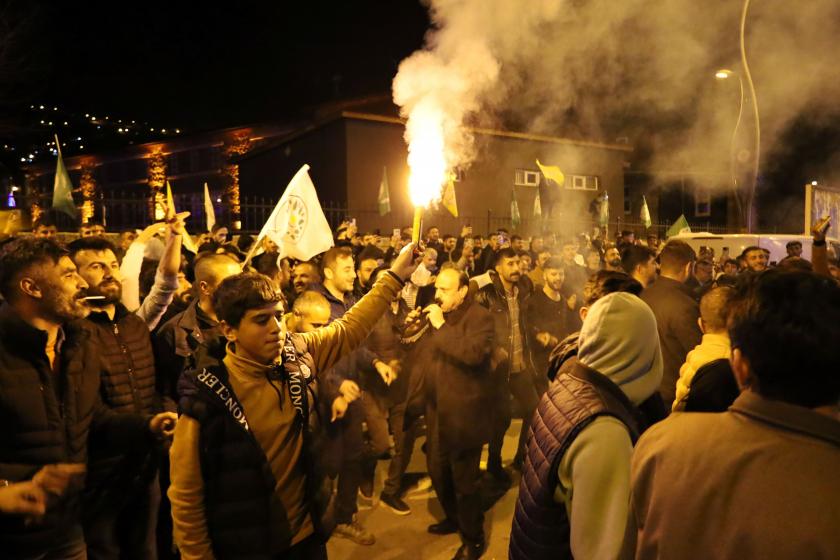
 Hakkı Özdal
Hakkı Özdal